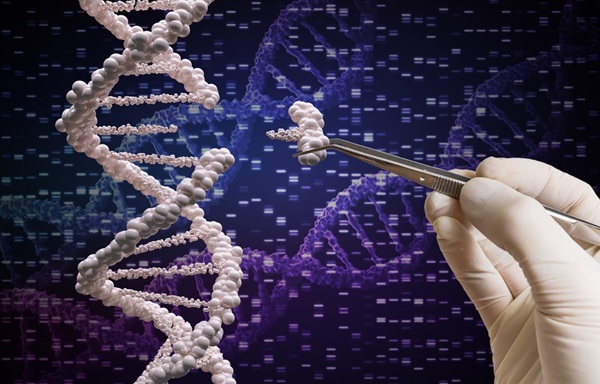Disinfectants in Swimming Pool Water May Cause Genomic Damage
By LabMedica International staff writers
Posted on 09 Aug 2010
Swimming pools contain a stew of chemicals that have the potential for causing genetic damage to mammalian cells and may place frequent swimmers at serious risk.Posted on 09 Aug 2010
The water in swimming pools represents an extreme case of disinfection that differs from disinfecting drinking waters. Pool waters are continuously exposed to disinfectants over average residence times extending to months. The disinfectant in pool water interacts during this period with disinfection byproduct (DBP) precursors that include natural organic substances plus inputs from bathers through urine, sweat, hair, skin, and consumer products including cosmetics and sunscreens.
Investigators at the University of Illinois (Urbana-Champaign, USA) employed a systematic mammalian cell genotoxicity-analysis technique to compare samples of swimming pool water to the tap water from where they originated.
Results published in the May 1, 2010, issue of the journal Environmental Science & Technology revealed that all disinfected recreational pool water samples induced more genomic DNA damage than the source tap water. The type of disinfectant and illumination conditions altered the genotoxicity of the water. The genotoxicity data suggested that brominating agents should be avoided. Combining chlorine with UV was more beneficial than was chlorination alone. During the recycling of pool water as much organic carbon as possible should be removed prior to disinfection.
"Care should be taken in selecting disinfectants to treat recreational pool water,” said senior author Dr. Michael Plewa, professor of genetics at the University of Illinois. "The data suggest that brominating agents should be avoided as disinfectants of recreational pool water. The best method to treat pool waters is a combination of UV treatment with chlorine as compared to chlorination alone.”
Related Links:
University of Illinois














